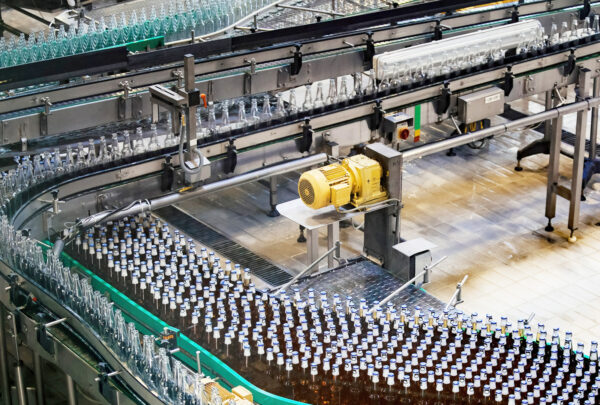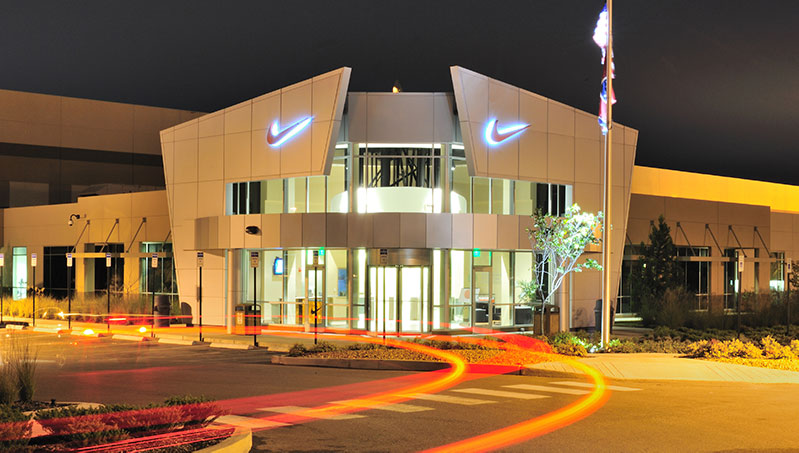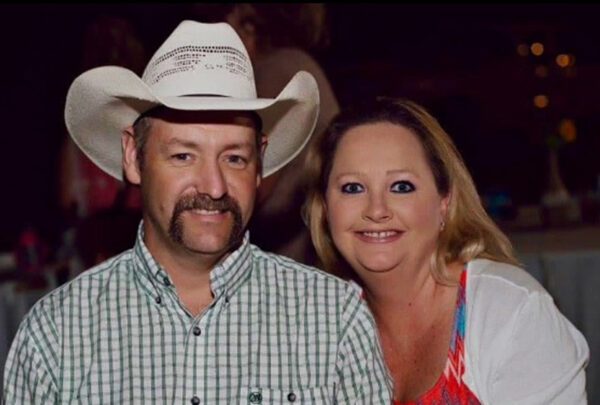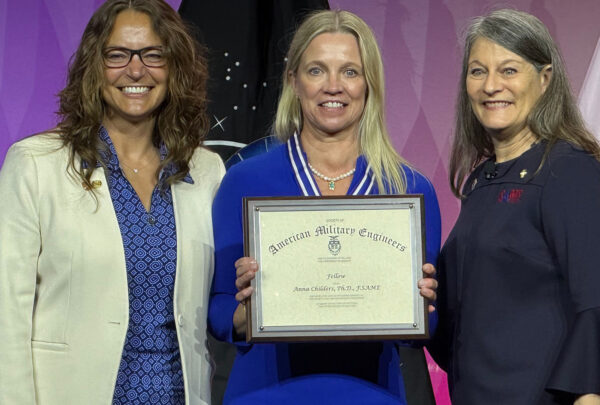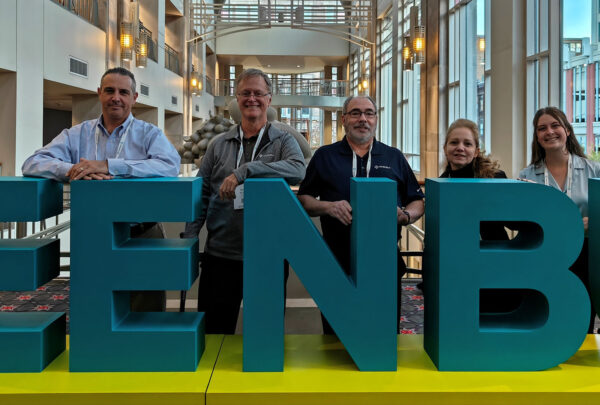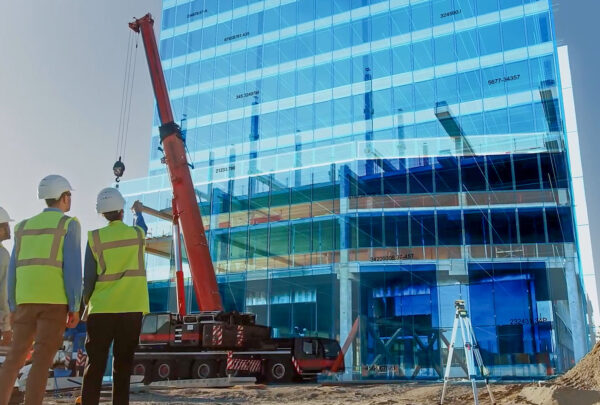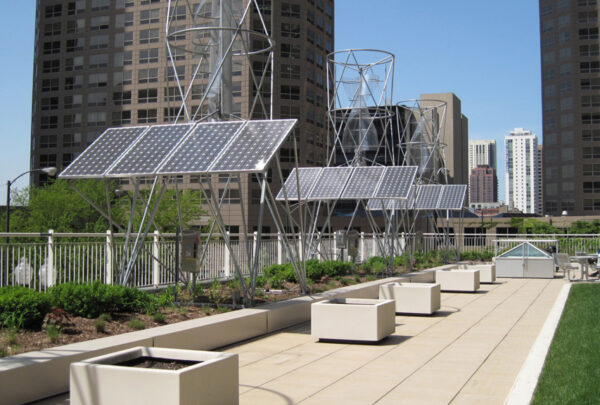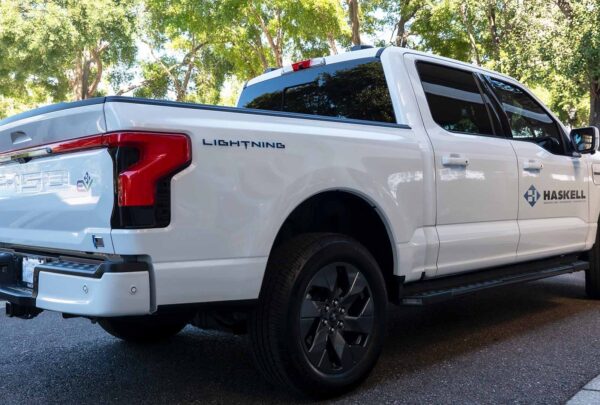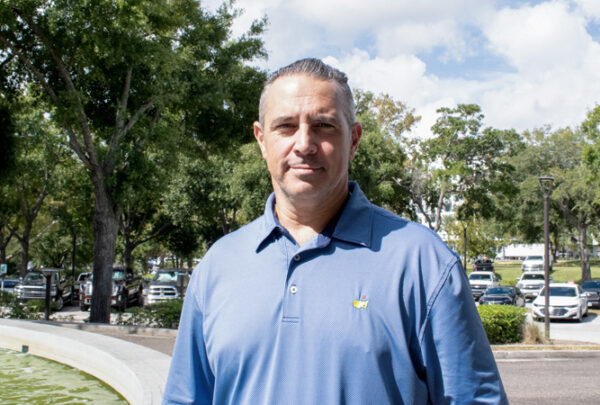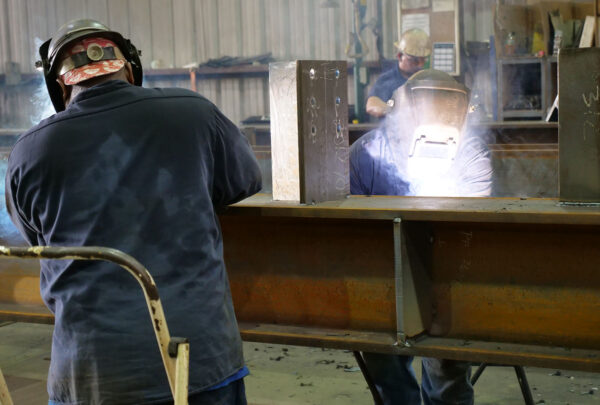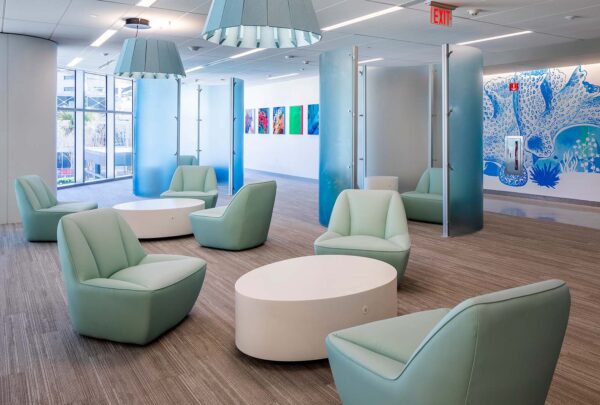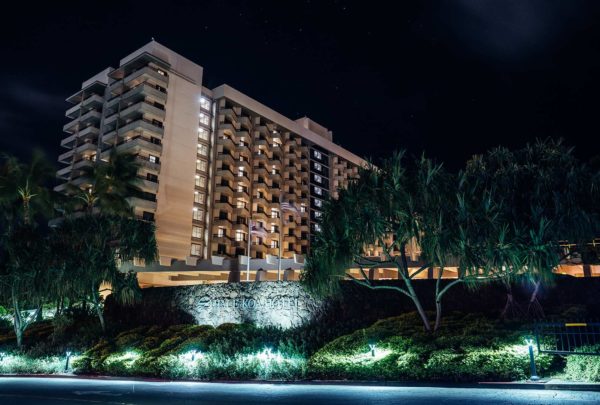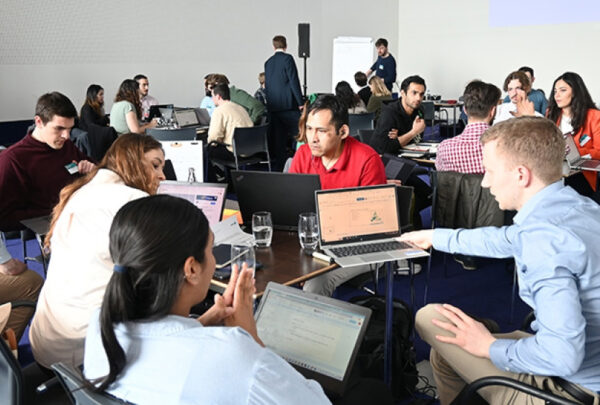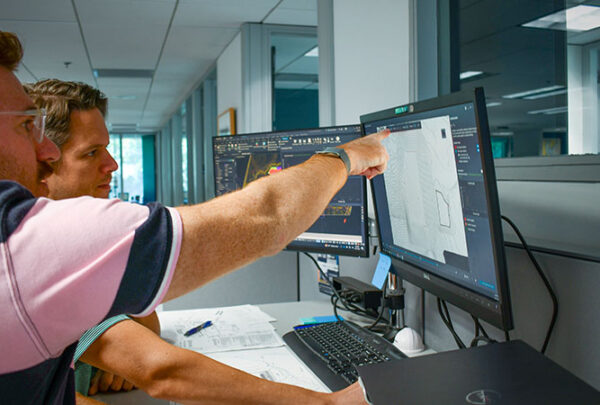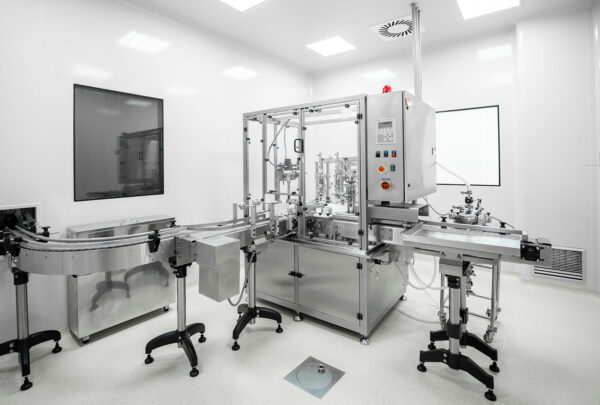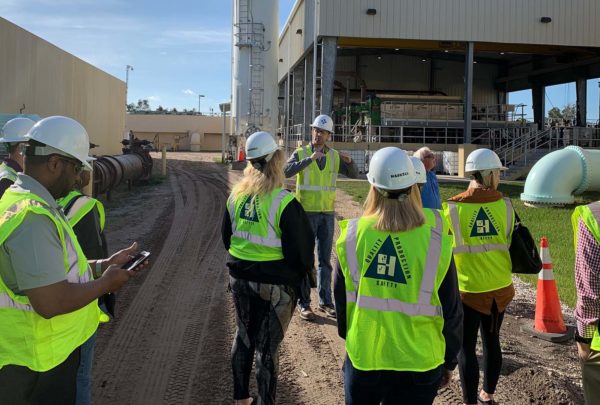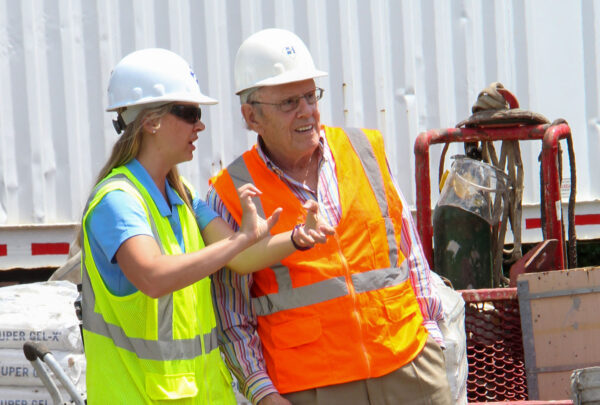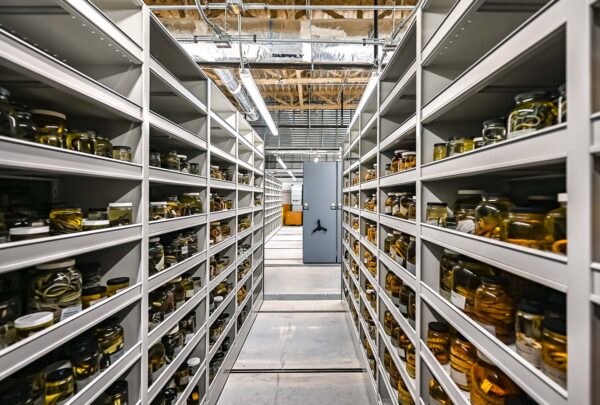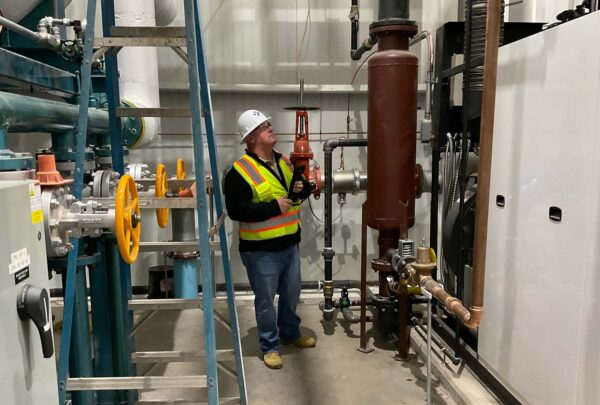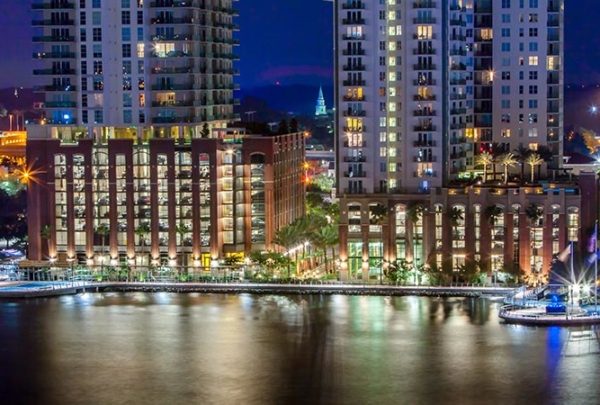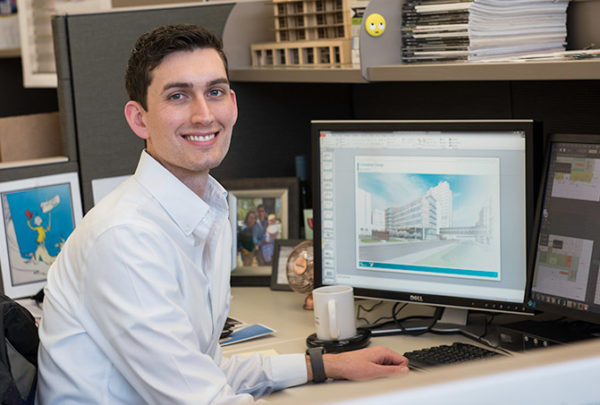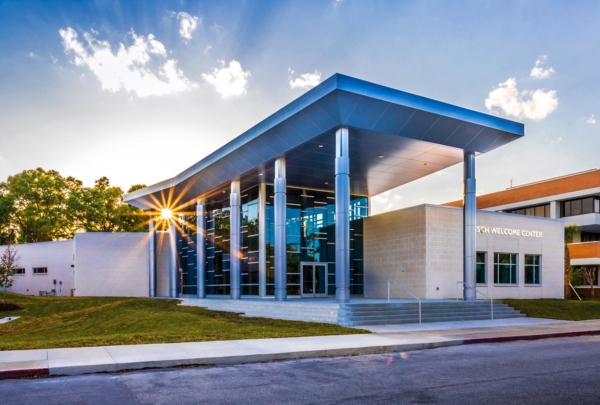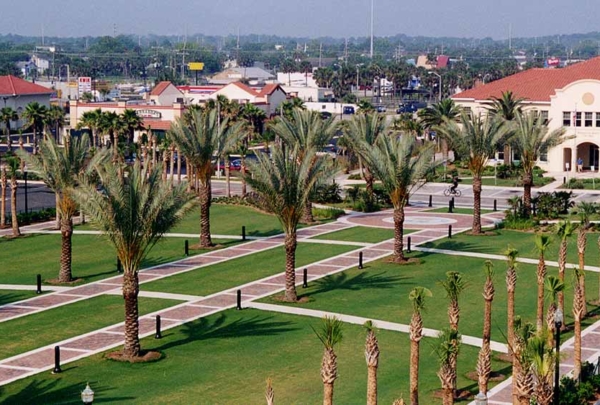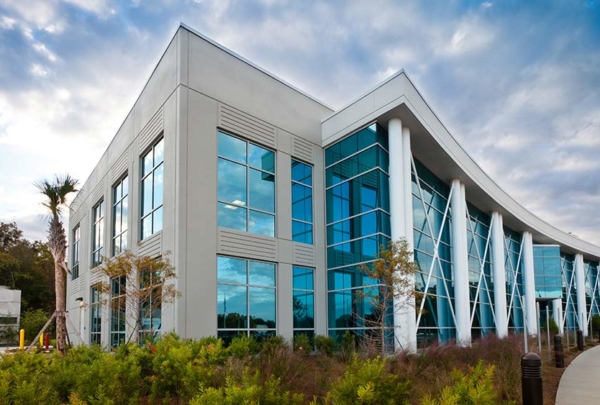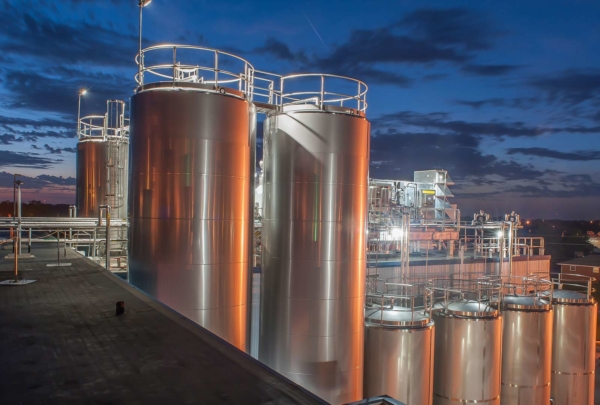Building sustainably can be rewarding for project owners, but it also can pose challenges. Haskell’s team of in-house sustainability experts helps clients navigate their green-building needs with an integrated approach to problem-solving.
Green building seeks to limit the environmental impact of construction projects and improve the health of building occupants. Common outcomes for project owners include decreased operating costs, increased rental revenue, and better sustained asset value.
Third-party certification programs, such as those prescribed by the U.S. Green Building Council’s Leadership in Energy and Environmental Design (LEED) system, provide sustainable and continually updated construction guidelines and best practices based on field research. For certification, LEED assigns buildings credits and points for sustainable design features. Higher point totals equate to greener construction and more of the associated benefits.
Haskell has been involved with sustainable design and construction for more than two decades and has a perfect record in delivering clients’ desired certification level, often exceeding expectations. With more than 130 sustainable design and construction professionals, Haskell can deliver a successful sustainable project in multiple certification criteria systems worldwide.
However, executing sustainable construction can be a question mark — and a significant expense — for both project owners and their design and construction teams. LEED is currently in version 4.0, which has an industrywide reputation for being cost-intensive.
Enter Haskell’s Sustainability Council, which leads the company’s approach to green design and construction. Tom Warner, Senior Architect and Council co-chair, explains: “Haskell’s core sustainability goals are to always educate our customers on sustainable design and construction opportunities, consistent with their interests, and meet their expectations of third-party certification.”
Haskell achieves this by integrating a collaborative problem-solving approach in its project design process. When assembling its design team at project conception, it includes a sustainability-accredited professional, typically a LEED Accredited Professional (LEED AP).
This LEED AP works with the client to establish the project’s sustainability commitment and third-party certification goals, such as LEED or an alternative, such as Green Globe or Guiding Principles Compliance.
From there, the LEED AP meets internally with Haskell’s project team, including architects, engineers and construction professionals, to generate specific sustainable-design elements. The team uses techniques like energy modeling, daylight analysis, and building information modeling (BIM) to approach energy efficiency, water-use reduction, indoor air quality and other project goals.
When Haskell brings the project draft back to the client for review, it holds a problem-solving charrette with owners, stakeholders and users to establish sustainability goals and priorities cast against a financial backdrop. For LEED projects, this includes reviewing a checklist with all possible points and credits and Haskell’s analysis of the most cost-effective way to achieve the most points.
Warner notes that once a design moves forward, Haskell’s assigned LEED AP stays with the client every step of the way, monitoring the construction process and facilitating certification. He adds that Haskell has achieved every customer’s desired level of certification.
But Warner also emphasizes Haskell’s commitment to meeting clients where they are. Often, projects incorporate sustainable building elements without seeking third-party certification. Warner says many customers considering LEED have stepped back from certification based on increased costs, especially under LEED 4.0. In these cases, Haskell introduces a value-engineering process.
Gary Walo, Design Manager and the Sustainability Council’s other co-chair, recalled a client that was focused on the lowest-cost option while still meeting sustainability compliance as a lease requirement. In this case, Haskell leveraged its sustainability team to include green features in the project without formal submission to the LEED program.
“Haskell brings skills and tools to the table to support and achieve the level of sustainability and certification the customer desires,” Walo said. “This was an example of thinking ‘out-of-the-box’ to assist a customer with their goals.”
Though sustainable construction and third-party certification present ongoing challenges, Haskell consistently provides permanent structures with long lifespans to meet clients’ and building occupants’ needs today and in the future.
“As the construction industry continues to change,” Walo says, “we see Haskell as having a great opportunity to bring our skills and sustainability knowledge to all of our projects.”
